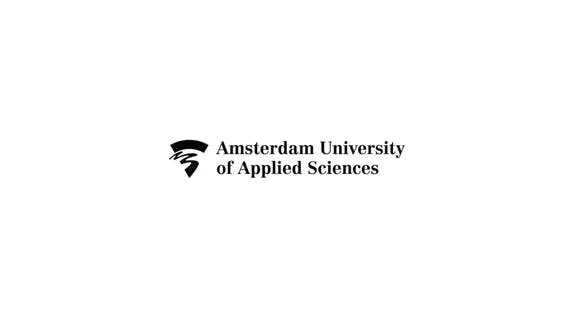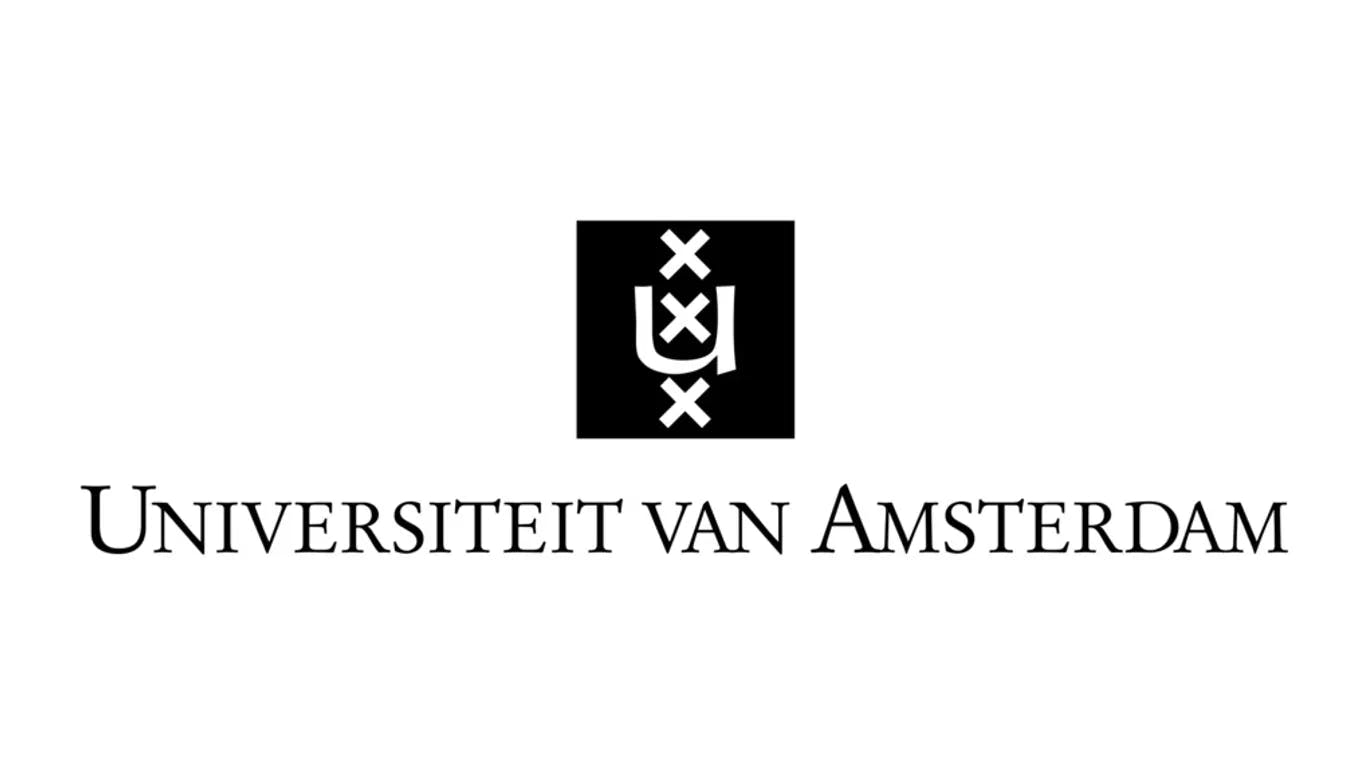
UvA's Natali Helberger discusses the appeal of AI studies in Amsterdam
A world-class AI team
With the appointment of Professor Natali Helberger, the world-class scientific AI team at the University of Amsterdam (UvA) can be called complete. The new professor of Law & Digital Technology (with an emphasis on AI) will work with her students to research the legal issues surrounding the introduction of artificial intelligence systems, and to devise recommendations for their problem-free integration – both ethically and technologically.
The UvA had previously appointed three professors to research how the combination of AI, robotics and information technology can help us to make better choices, smarter decisions, live healthier, work more efficiently, communicate more transparently, find new ways to organise things, and to prepare the workforce for new forms of working and work relationships.
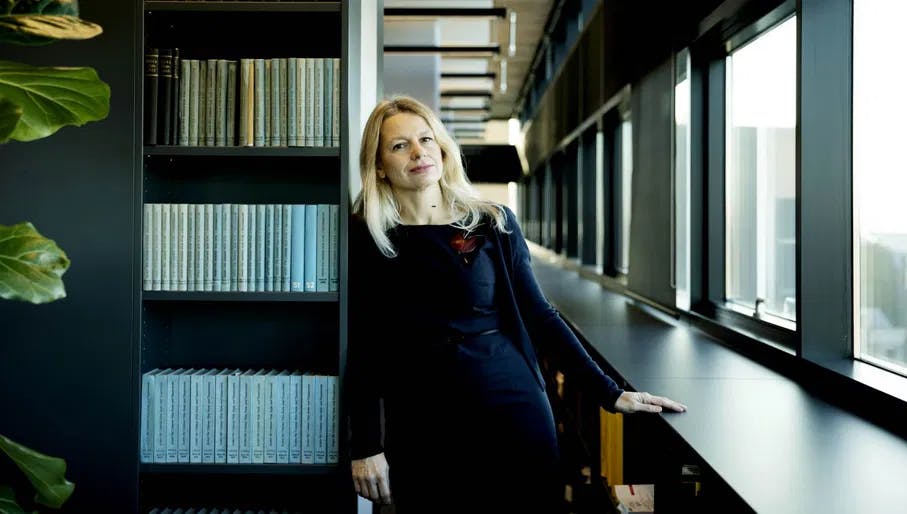
A unique interdisciplinary approach
“The influence of AI on our behaviour, our environment and our social and economic structures is so extensive that an interdisciplinary research approach is needed to understand their correlation and dynamics,” says Professor Helberger, sitting in her office in the university’s modern Roeterseiland campus. “For me, the scientific challenge of AI does not lie so much in understanding the technology itself, but in how it can best be harnessed as a whole.”
“That’s why, in this institute, we are looking at how new technologies add the most value to society from different scientific perspectives. This interdisciplinary approach is rarely seen around the world, especially not at this scientific level. And the fact that the UvA is investing in this has an incentivising effect to attract the all-too-scarce talents out there. This is of huge importance for the development of the ecosystem for AI applications.”
Amsterdam Law Lab
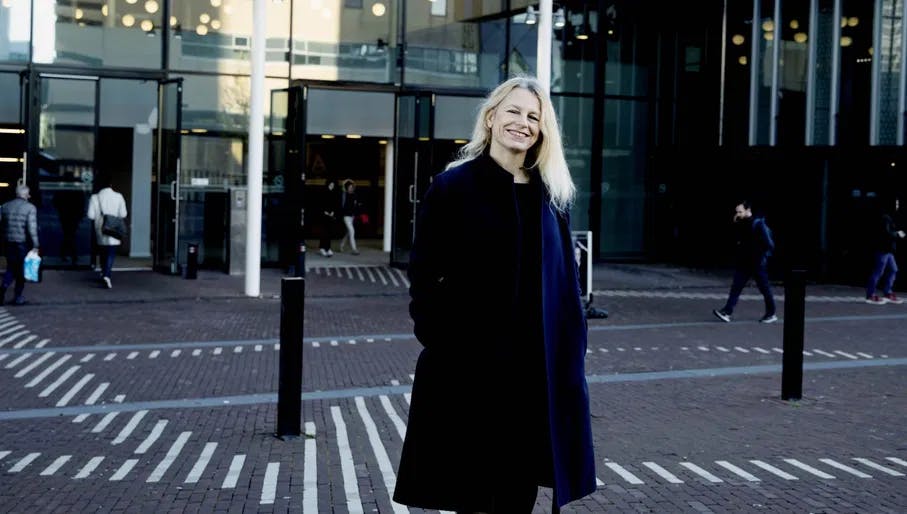
Twenty years ago, Information Law lawyer Natali Helberger swapped her career in Frankfurt for the Institute for Information Law in Amsterdam (IViR), where she gained a PhD. She was attracted to the international status of IViR in regards to its scientific approach and its output in her chosen field. “The quality of our curriculum and education is comparable to that of Stanford or Oxford. That’s why our lawyers are in high demand for the likes of advisory boards and expert committees.”
Helberger also has a number of prestigious international appointments on her CV. For example, she was elected as a member of the Council of Europe’s Committee of Experts on Human Rights (MSI-AUT), and she has advised the European Parliament, the European Commission, UNESCO, and the Organisation for Economic Co-operation and Development (OECD) on AI-related matters. Working together with the Amsterdam School of Communications Research, she has also conducted ground-breaking research into the privacy implications of Smart TVs in the home, and into the use of political microtargeting.
A robust legal framework
Helberger is focused on how the legal framework can facilitate the further development of artificial intelligence by tackling barriers in the areas of privacy and ethics. Consideration is also being given to the cycle for accountability of algorithms. “A robust legal framework is a basic condition of the successful application of AI. Choosing a multidisciplinary scope is also essential here; our research teams are comprised of lawyers, philosophers, economists, political scientists and of course data engineers.”
Lots of job applications and students
The UvA’s approach is proving to be an international success, demonstrated by the large number of students signing up and volume of job applications arriving. “Foreign colleagues are often complaining that they find it tough to find talent. But we are continuously receiving open applications, also from some renowned names.”
Of course, the attraction of Amsterdam as a place in which to live and work is important, as is the approachability of the AI ecosystem in the Amsterdam Metropolitan Area.
“A secondary task of science is to make knowledge and insights widely accessible and to valorise them,” says Helberger. “Amsterdam is a dynamo for AI startups because the knowledge institutions here are easily accessible to companies, and vice versa. While governmental parties limit themselves to defining the conditions of the framework. Its approachability is the greatest strength of the ecosystem.”
Kickstart AI
Crucially, it works. The UvA is the driving force behind many collaborative initiatives, such as Kickstart AI (promoting AI in the Netherlands), the rollout of the national Innovation Center for Artificial Intelligence (ICAI) network, and a research lab for autonomous driving that was established together with navigation company TomTom.
Alongside these, in December 2019 the European Laboratory for Learning and Intelligent Systems (ELLIS) announced that the UvA has been selected as an ELLIS Unit, helping to retain talent in machine learning and its related AI research fields in Europe.
Even with these positive developments, it is important to remain realistic. Following the ELLIS announcement, Geert ten Dam, President of the Executive Board of the University of Amsterdam, explained: “We have broad expertise here at the university; technological knowledge about the legal, social and ethical aspects of AI. But we are also beginning to feel the strain from the shortfall of AI talent. Extra investment is badly needed.”
Helberger agrees with the need to continue investing. Regarding the funding route outlined in the National AI agenda – a strategy drawn up by industry representatives, governmental parties and the Dutch Research Council (NWO) to integrate AI in the Netherlands in the best possible way – she says: “The agenda is correct when it states that we should treasure our scientific lead. But more investment in research is needed for this. Otherwise we lose our momentum. And in the AI world, a lead is quickly wasted.”
Related articles
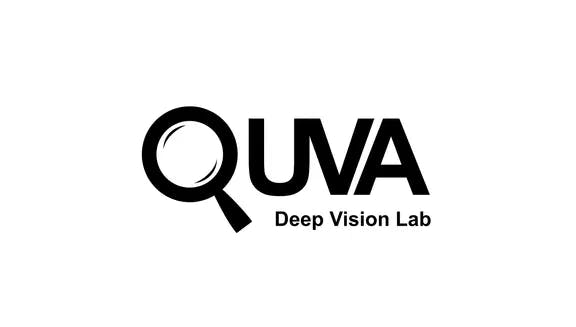
QUVA Lab cultivates computer vision
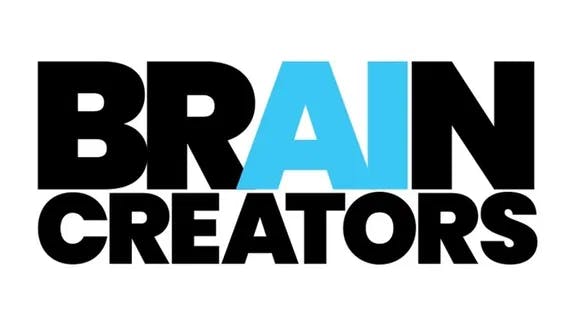
BrainCreators uses AI to help businesses embrace automation
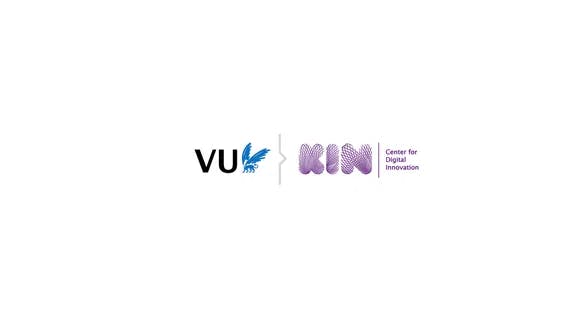
How KIN helps firms understand their AI needs

How Codam Coding College fights biased AI

How Qualcomm makes life better with AI
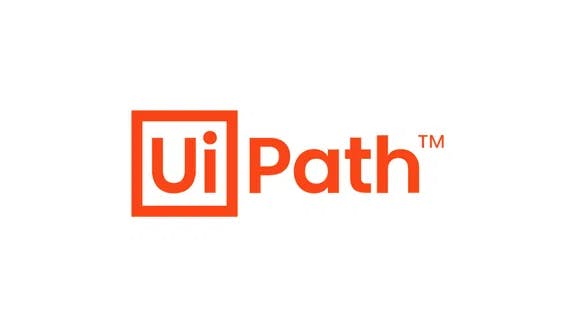
UiPath is improving lives with the power of AI
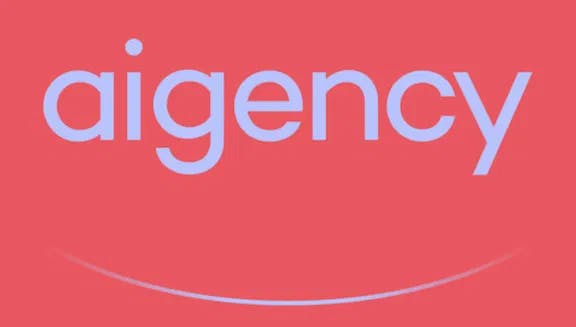
Aigency
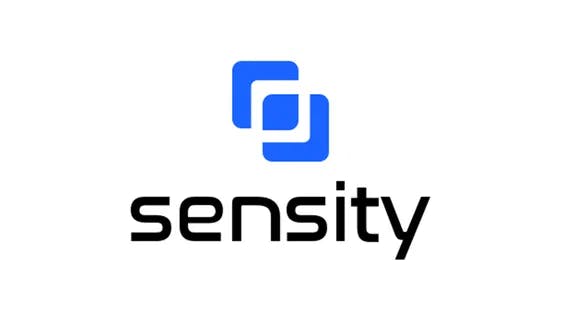
Sensity deepfake detection
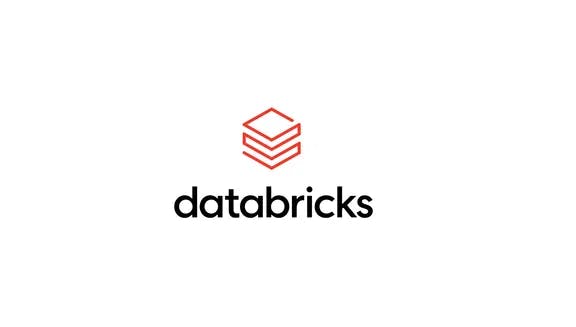
How Databricks is helping build Amsterdam's AI scene
